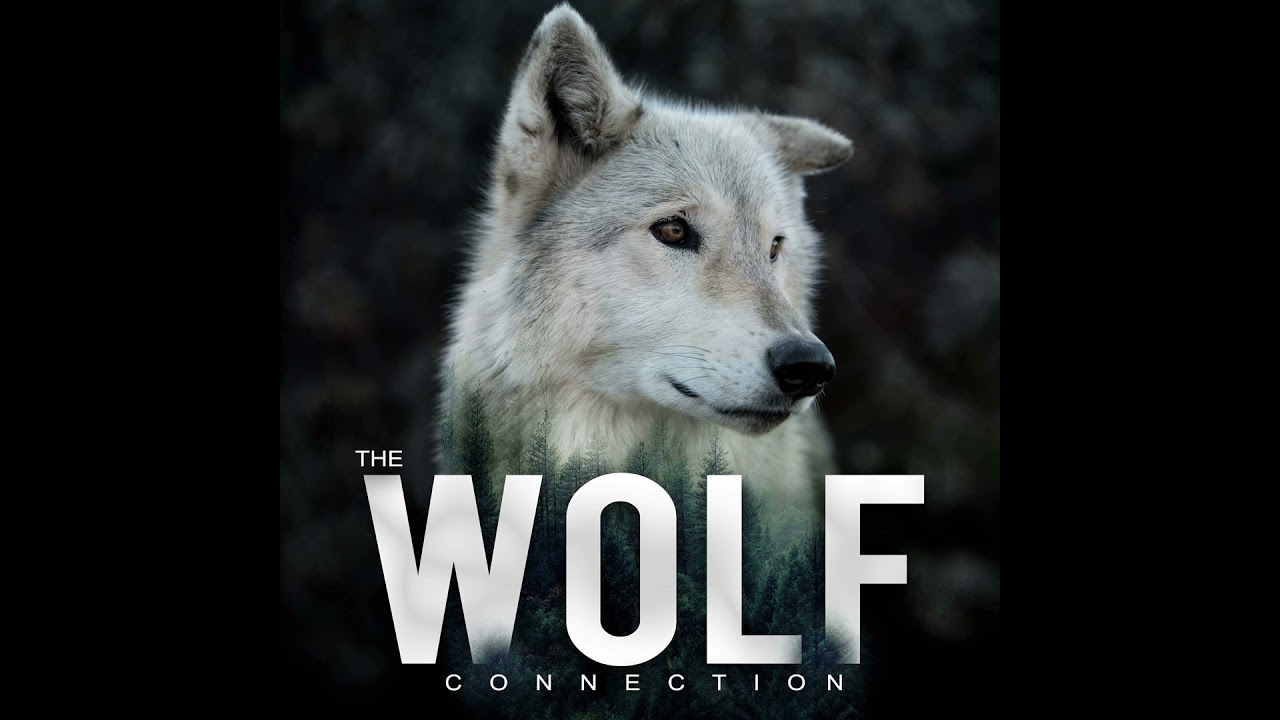
Introduction
Wolves are among the most important species in maintaining the balance of ecosystems. As apex predators, they play a critical role in regulating prey populations and promoting biodiversity. Recently, with increasing discussions about conservation, the protection of wolves has become a pressing topic, captivating the interest of wildlife enthusiasts and environmentalists alike.
The Role of Wolves in Ecosystems
Wolves are top-tier predators that help control the populations of herbivores like deer and elk. This predation prevents overgrazing, allowing for healthier plant communities and supporting a diverse range of species within the habitat. A study in Yellowstone National Park highlighted this phenomenon; following the reintroduction of wolves in 1995, not only did the elk population decrease, but there was also a notable recovery of vegetation, which subsequently benefited other wildlife by restoring the balance within the ecosystem.
Current Conservation Efforts
In recent years, several countries have acknowledged the ecological importance of wolves and have initiated various conservation efforts. In the UK, there have been discussions surrounding the potential reintroduction of wolves in Scotland and other areas, as land management and natural habitat improvement gain traction. These conversations often motivate local communities to engage in conservation programmes, with the intention of restoring natural habitats and ensuring a sustainable future for all species.
However, despite numerous benefits, wolves often face opposition due to conflicts with livestock farming and hunting. Conservationists argue that proper management solutions, such as compensation schemes for farmers who lose livestock, can promote coexistence between wolves and human settlements.
Conclusion
As apex predators, wolves are integral to healthy ecosystems and biodiversity. Their presence ensures that prey populations are controlled, plants thrive, and other wildlife can flourish. Continued conservation efforts, combined with community engagement and innovative management strategies, are essential for the protection of wolves and their ecosystems. As societies begin to value the interconnectedness of all species, there is hope for the future of wolves and the natural world they help sustain.
You may also like

The Eden Project: A Sustainable Hub for Biodiversity

Wolves Owners and Their Impact on the Club’s Growth

Understanding Mosquera Wolves and Their Conservation Needs
SEARCH
LAST NEWS
- Remembering Wendy Richard: The Promise to Co-Star Natalie Cassidy
- How Did Anglian Water Achieve an ‘Essentials’ Rating for Mental Health Accessibility?
- Shai Hope Leads West Indies in T20 World Cup Clash Against South Africa
- What We Know About Weston McKennie: Future at Juventus and Past at Leeds
- What We Know About the Upcoming Live Nation Antitrust Trial